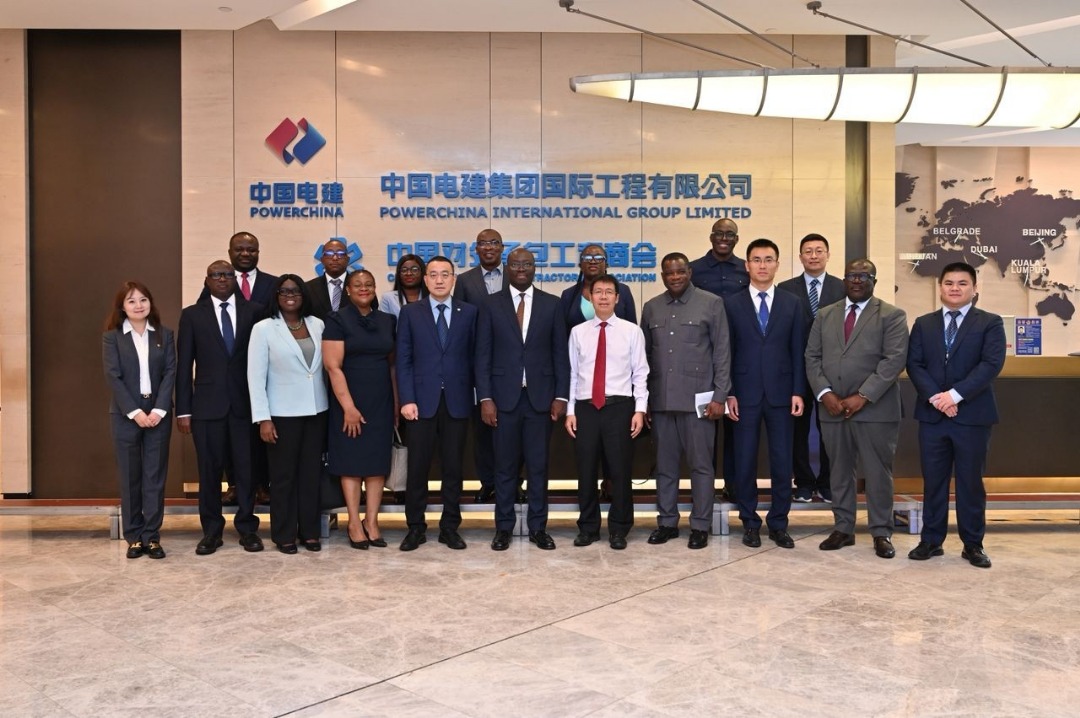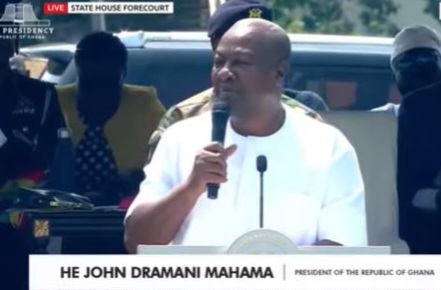Agricultural extension officers and farmers in the Upper East Region have been sensitised on the implementation of the second phase of the West African Agricultural Productivity Programme (WAAPP II) at a workshop in Bolgatanga.
WAAPP is an initiative of the Economic Community of West African State (ECOWAS) with financial support from the World Bank that seeks to support regional cooperation in the agricultural sector to contribute to shared growth and poverty reduction in West Africa.
Under the first phase of the project (WAAPP I), Bawku East Bawku West, Kassena-Nankana East and Builsa North and Builsa South in Upper East Region embarked on the planting of new varieties of sweet potatoes as demonstration.
The Region is noted for the large production of the crop.
Participants including extension officers, farmers and agricultural directors drawn from beneficiary districts were taken through ways at improving sustainable agricultural productivity.
Mr Emmanuel Alorigiya, Communication Officer of the WAAPP, indicated that the successes chalked out during the first phase of the project made it possible for the second phase as part of the 10-year Adoptable Programme.
The WAAPP II, he said aims at contributing to agricultural productivity, increase farming yield through large-scale technology, innovation dissemination and adaptation of priority value chains.
It is also meant to integrate increased availability of improved seeds and livestock genetic material from carefully chosen commodities.
“The target commodity of WAAPP II will include root and tubers, vegetables; including tomatoes, onions and pepper, small ruminants and guinea fowl with improved technologies for cereals and legumes, ” he said.
These commodities, Mr Alorigiya explained would be selected based on a number of factors including their relevance for Ghana’s food security and comparative advantage in terms of potential for achieving productivity increase.
Mr Cletus Achaab, Regional Director of Food and Agriculture said the area depends so much on rain fed agriculture with little irrigation farming activities which had led to relatively low productivity over the years.
He appealed to farmers to make use of the improved technologies by the WAAPP initiative for agricultural sustainability and improved food security.
Source: GhanaWeb










